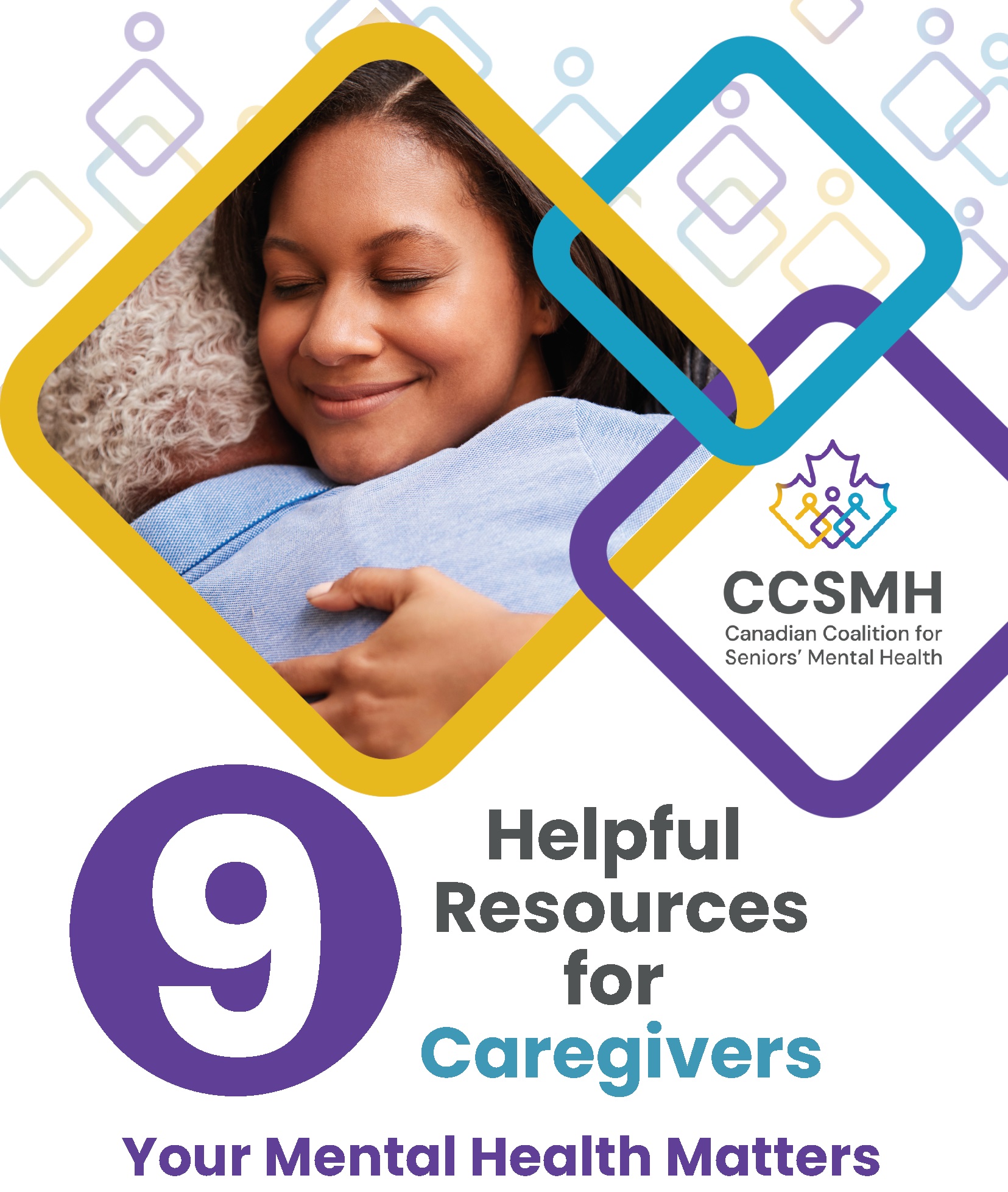Opioids – Older Adults and Care Partners
Clinical Guidelines
Discover the guidelines on alcohol use in older adults.
For Healthcare Professionals
Find clinical tools and resources to support your patient or client.
Speak with your healthcare provider about options if you think you may have an addiction to opioids.
Healthcare providers are advised to avoid prescribing opioids to older adults whenever possible because of the risks of side effects. If an opioid is prescribed to treat short-term pain (for example after an injury or surgery), the lowest possible dose should be prescribed, for no more than 3 to 7 days in most circumstances. Older adults have a good success rate in recovering from opioid addiction.
Key Facts
Discover Our Resources

Not sure where to begin?
Download our brochure to find information about the impacts of opioid use among older adults, including tips for discussing the topic with your health care provider.

Are you a care partner?
Caregiving can be rewarding. Yet, most caregivers experience conflicting feelings of isolation, grief, compassion, joy and overwhelm as they provide care.
Discover online resources for opioid use disorder
This list is designed to help primary health care & clinical care providers assess and discuss with persons aged 65 or older, the potential risks and benefits of opioid use.
Watch the National ECHO webinar on older adults and substance use disorder
Older Adults and Substance Use Disorder (2023)
Presented by Dr Johnathan Bertram, MD, CCFP (AM).
